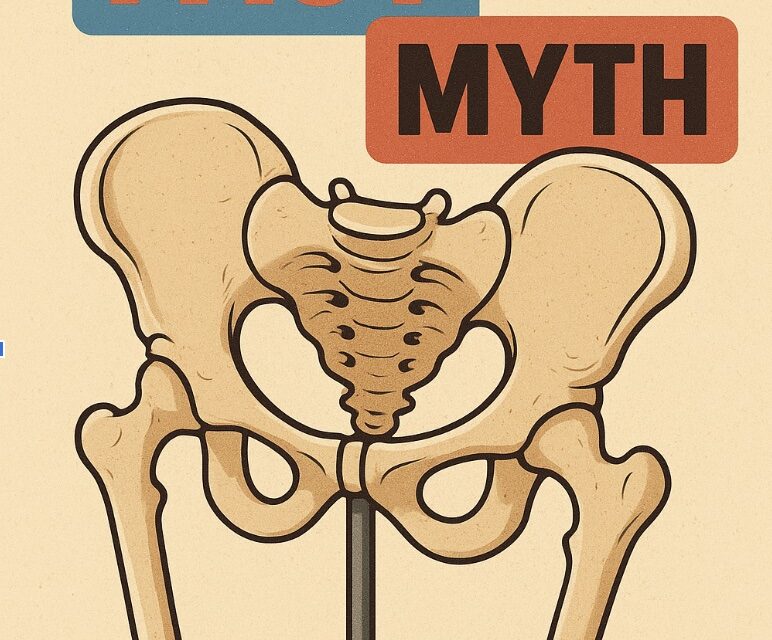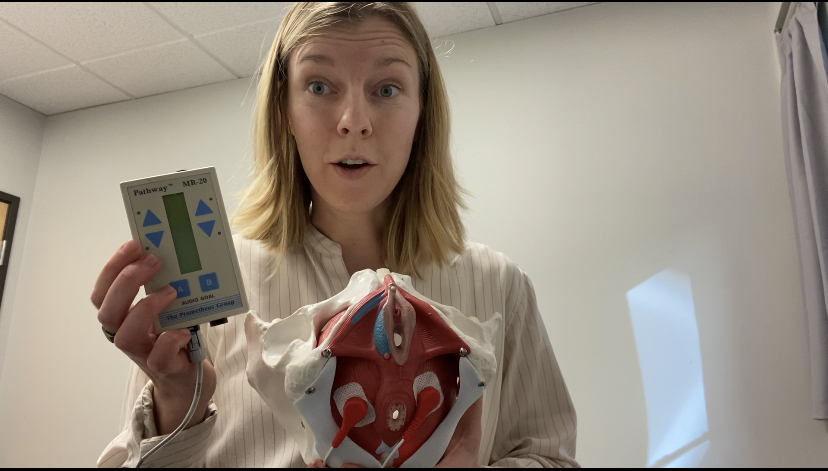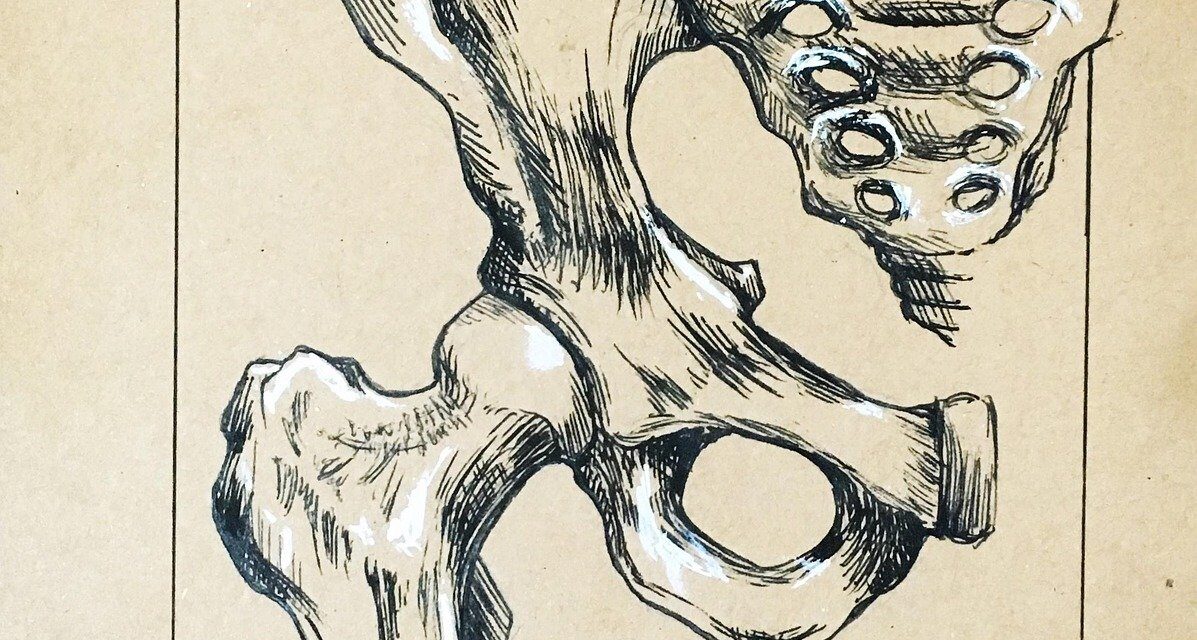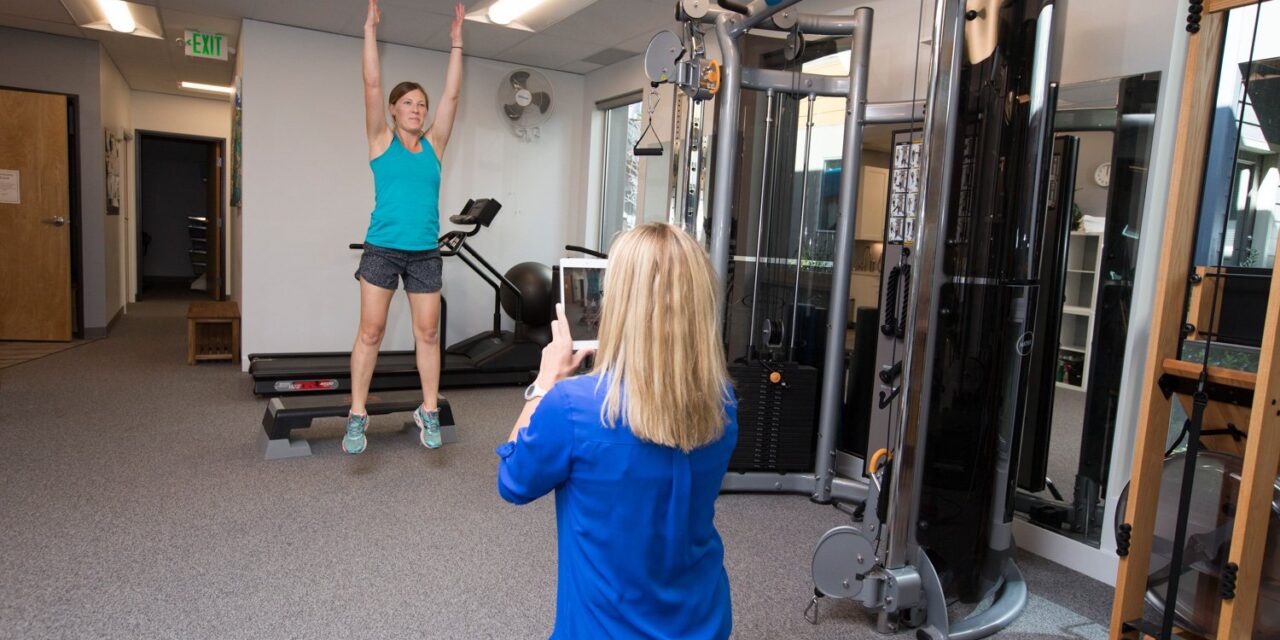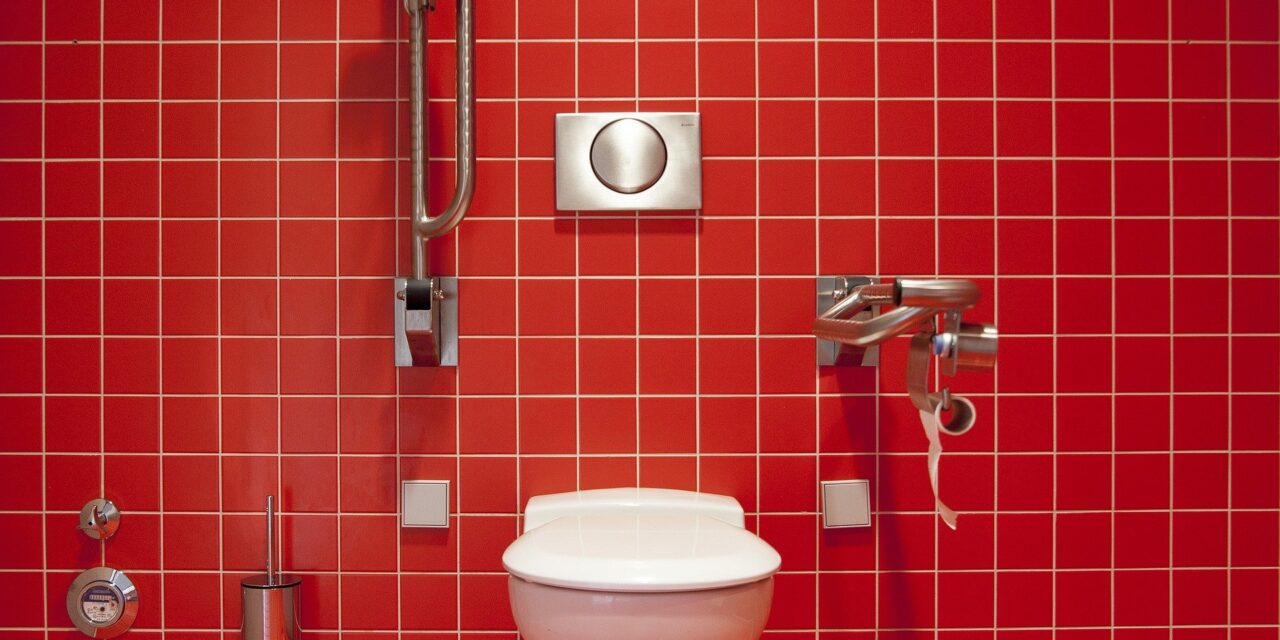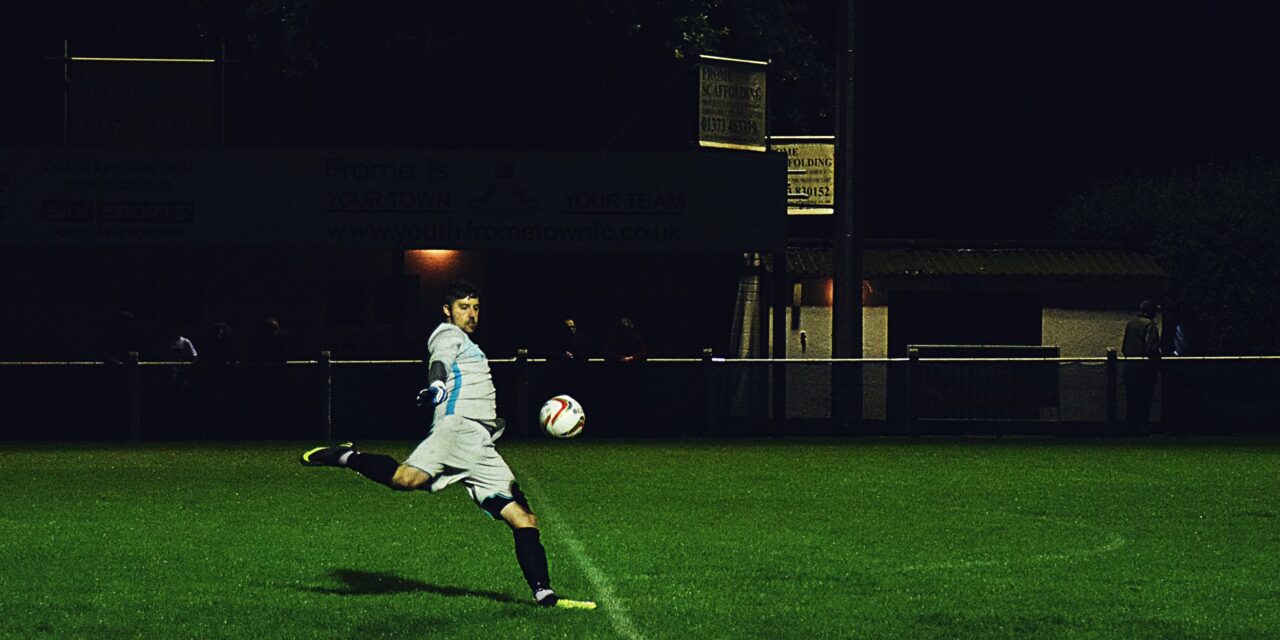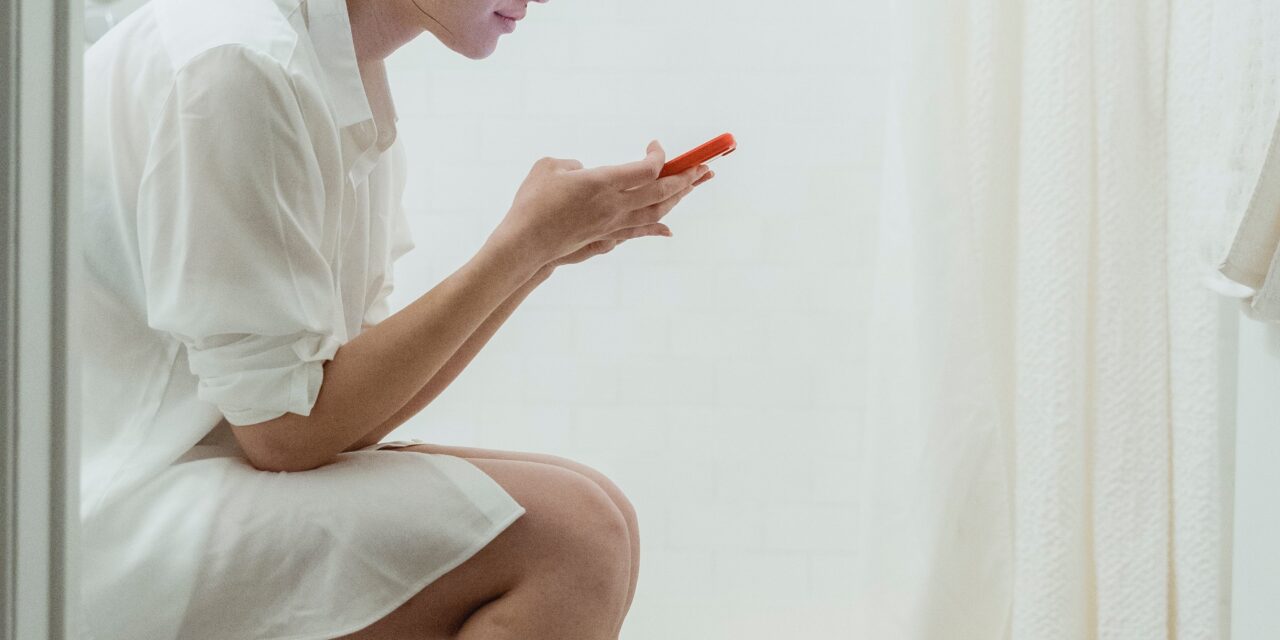5 Common Pelvic Floor Myths — Debunked
By: Chelsey Vasquez, PT, DPT, PRPC When it comes to pelvic health, misinformation is everywhere. Whether it’s a social media post encouraging everyone to do Kegels or outdated advice to just “deal with” pelvic pain, these myths can prevent people from seeking the care they need. Pelvic floor dysfunction can affect people of all genders,...

